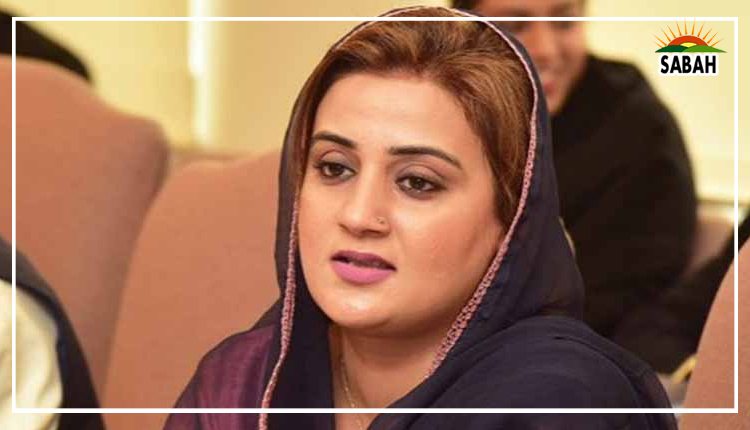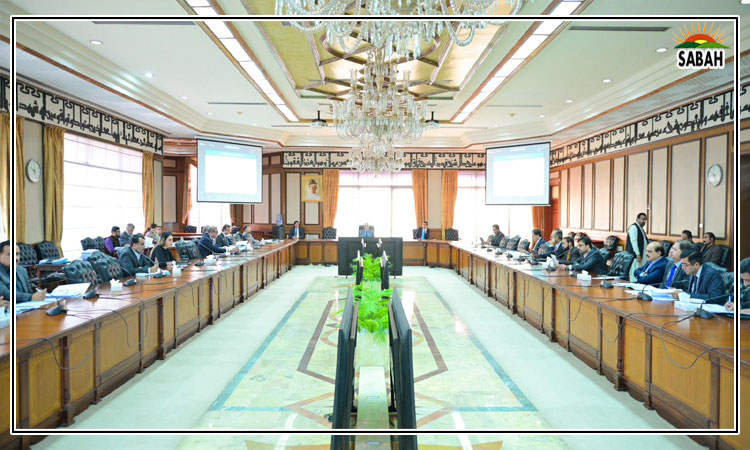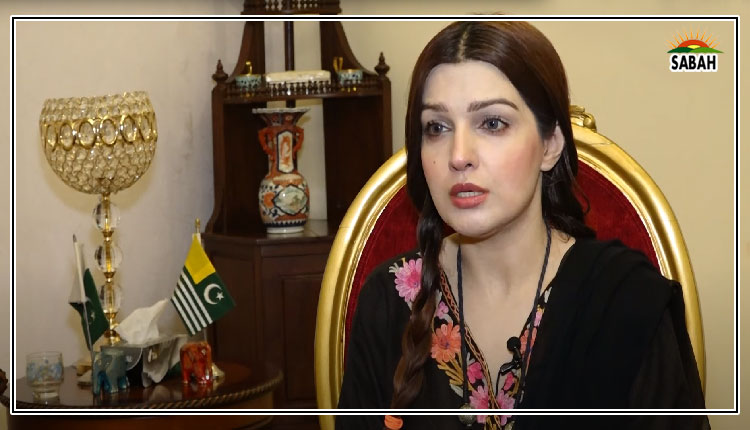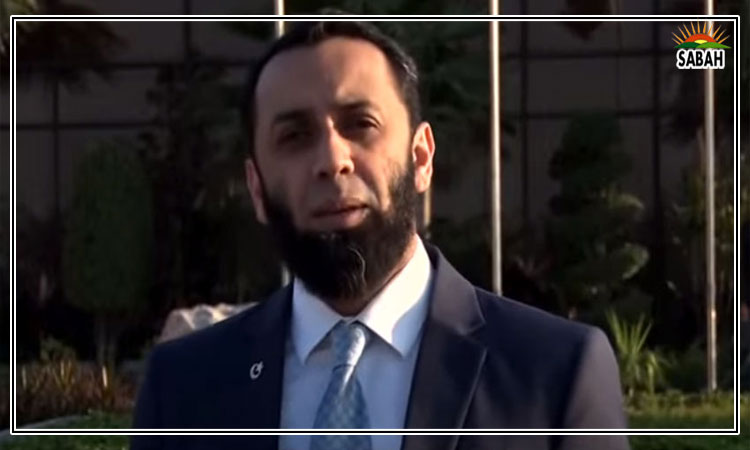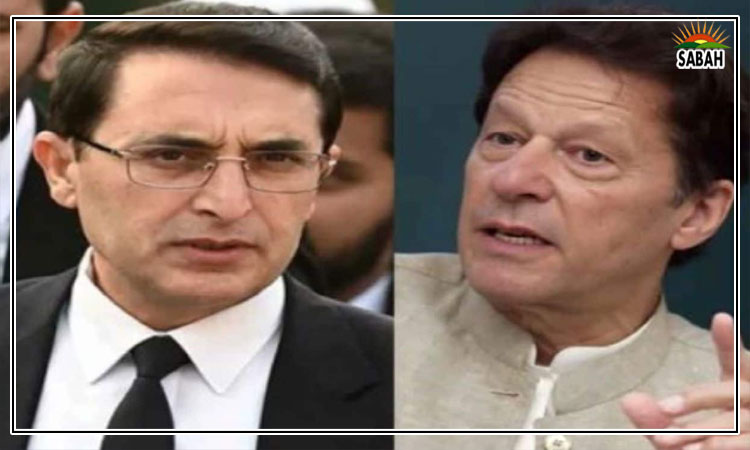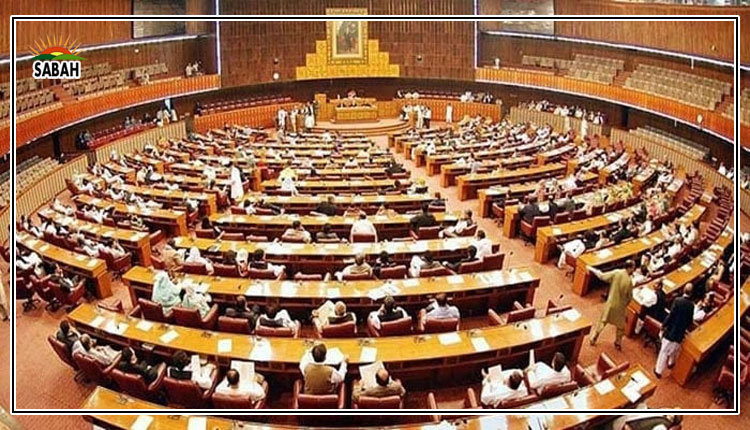Unpacking the 26th Amendment …Ahmed Danish Khan
Let me start by first clarifying that this piece is not an attack against the very genesis of the 26th Amendment (the amendment) to the constitution of the Islamic Republic of Pakistan, 1973 (the constitution).
In my opinion, despite the few shortcomings discussed later, it is a much-needed step in the right direction towards the empowerment of the legislature and realisation of the ideal of parliamentary supremacy. Instead, I would like to take this opportunity to pose pertinent questions and present select practical critiques of its contents whilst avoiding the passionate and illusory tirades to which the amendment is being subjected by the apparent majority of my colleagues – learned or otherwise.
In its infinite wisdom, the amendment has directed all pending petitions, appeals and reviews etc that come within a certain defined scope to be transferred to the constitutional benches of the Supreme Court of Pakistan and the respective high courts. Ignoring accusations of political motivation, I must admit that a prospective operation of the exercise of jurisdiction by the constitutional benches may have been in the interest of coherence and clarity. However, even prospectivity does not satisfactorily address the concerns posed by this transfer and, in fact, the very idea of constitutional benches.
Briefly, the doctrine of stare decisis dictates that judgments of benches of equal or greater strength are binding on subsequent benches of equal or lower strength. At present, we have no way of knowing how many judges will be relegated to perform duties as members of the constitutional benches and how many will remain to exercise regular jurisdiction. Further, it is unclear whether judges can act in both capacities: as members of constitutional benches as well as regular benches. A reading of the amendment and the composition of the Judicial Commission (the JCP), however, appears not to favour such an interpretation.
Further, even if considered permissible, the comedic possibility of appointing all serving judges as judges of the constitutional benches still appears untenable. This is due to the fact that the renewed composition of the JCP appears to require the mutually exclusive representation of judges from both types of benches.
Thus, we are bound to see situations where, owing to composition, the power and competence of the constitutional benches is likely to become controversial. Will the new constitutional benches owe equivalent deference to judges exercising constitutional jurisdiction under the erstwhile scheme of the constitution? If so, have the renderings of former full courts become entrenched for all times to come unless the strength of the SCP is increased? If not, are we at risk of the entirety of our constitutional jurisprudence being upended?
Prior to the 18th Amendment to the constitution (supplemented further by the 19th Amendment), the appointment of judges was not codified and the practice was based on conventions and controlled almost exclusively by the judiciary itself. Post 2010, however, the appointment of superior court judges is undertaken by the JCP in accordance with Article 175A of the constitution under which some procedure is now stipulated for all appointments of superior court justices. Well, almost all.
Given the hubbub surrounding the constitutional Benches – or in the alternative a Federal Constitutional Court – my faculties appeared to have completely malfunctioned when I was unable to register any clarity regarding the appointment of the first lot of these esteemed judges of constitutional benches. The JCP, which is tasked with the appointment of judges of the constitutional benches, is inquorate in the absence of the very same ‘judges of the constitutional benches’. A classic chicken or egg conundrum seems to brew in the undertow. The situation is further exasperated by the fact that the resolution of such a dispute will most likely lie before, you guessed it, a constitutional bench.
I welcome any guidance on identifying the process for said appointments and hope for an opportunity to retract the preceding paragraphs. Otherwise, the lack of vision leading to such an obvious error in drafting disappoints an already disillusioned author at the general ineptitude of our legislative competence. Whether this results from inherent inability of the actors or the far too often stifling of the process through institutional interventions does not form the subject matter of this piece but is worth pondering over.
While supporters of the amendment may celebrate their good fortune at witnessing the end of the era of the suo motu, I feel it may have been appropriate to consider curbing another almost exclusively South Asian problem and incredibly broad power of the SCP: direct petitions. For ease of reference, Article 184(3) of the constitution in its current form is reproduced: “(3) Without prejudice to the provisions of Article 199, the Supreme Court shall, if it considers that a question of public importance with reference to the enforcement of any of the Fundamental Rights conferred by Chapter I of Part II is involved have the power to make an order of the nature mentioned in the said Article.
“Provided that the Supreme Court shall not make an order or give direction or make a declaration on its own or in the nature of suo motu exercise of jurisdiction beyond the contents of any application filed under this clause.”
Optically, it may appear to all the distraught and disenfranchised that there is no drawback to permitting the consideration of questions of public importance and enforcement of fundamental rights by the SCP directly. But let us contextualise. Similar powers do exist in other jurisdictions such as the US, Mexico and Australia. But owing to generally non-interventionist attitudes and codified fetters on direct petitions, these powers are seldom (ab)used. This is so because these courts and constitutions seem to truly appreciate the implications of an apex court bypassing the entire hierarchy of forums available to an aggrieved person.
The extinguishment of one’s right (or rights) to appeal and burdening of an already over-burdened SCP are obvious but there are other adverse effects as well. For example, the assertion of judicial authority in matters of public policy and executive or legislative function can have (and empirically has had) crippling effects on the development, growth and institutionalisation of the other pillars of state – the executive and the legislature.
With all due deference to the SCP, reliance on self-restraint has historically proved to be a hope in vain. Parliament may therefore have, through the amendment, considered imposing fetters on the exercise of original jurisdiction of the SCP. This could have been through insertion of express fetters in the constitutional text or, preferably, the carve out of legislative power allowing parliament to do so subsequently through an act of parliament in a manner similar to the space provided through Article 191 of the constitution for the passing of the Supreme Court (Practice and Procedure) Act, 2023.
Earlier this year we witnessed the unprecedented removal of a judge of the SCP in exercise of powers under Article 209 of the constitution. Without commenting on the merits of the decision of removal, one may recall the ancillary concerns which cropped up as a result. One in particular being the understandable query regarding redressal.
What is the remedy available to one who has suffered at the hands of a judge found guilty of misconduct be it an individual, a community, a corporation or the state itself? Is the victim expected to find solace in the magnitude of the achievement earned owing to their or its sacrifice? I doubt the victim would find this view agreeable.
Ubi jus ibi remedium is a cardinal maxim of law and translates to: ‘where there is a right, there is a remedy’. The mere removal of superior court judges and the immunity of those no longer holding office, given the far-reaching consequences suffered on their account, arguably does not suffice.
A recurring theme surrounding the amendment is an increase in the involvement of parliament in the appointment and accountability of superior court judges. While some see this as a violation of the principle of separation of powers, I would argue that: first, true and absolute separation of powers does not and practically cannot exist; and second, if any curtailment of the separation powers is to be permitted, the manner that results in the least democratic deficit must be elected.
Judges, unlike public representatives in the form of parliamentarians and members of the executive, are unelected. However, theirs is a function with far-reaching impact on society as a whole. For their appointment and removal to no longer vest in the arcane opacity of bygone times is a welcome change.
However, to constitutionally stipulate that the discussions held by the Special Parliamentary Committee regarding the selection of the chief justice “shall be held in camera” (secret) appears to negate the overall narrative of transparency peddled in support of the amendment.
In conclusion, while an empowered parliament is something to be celebrated, this should not be equated with unwavering submission to parliamentary wisdom and abandonment of a citizen’s responsibility to offer legitimate criticism. Further amendments to the constitution are inevitable. It is, therefore, far more conducive to progress to avoid holding the state hostage through protest and to instead collectively evolve into human beings capable of engaging in productive dialogue.
Courtesy



